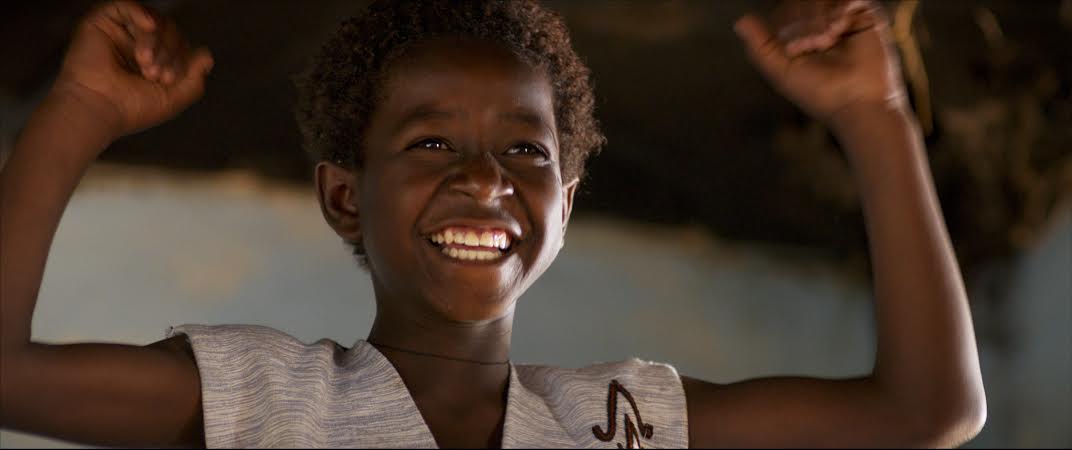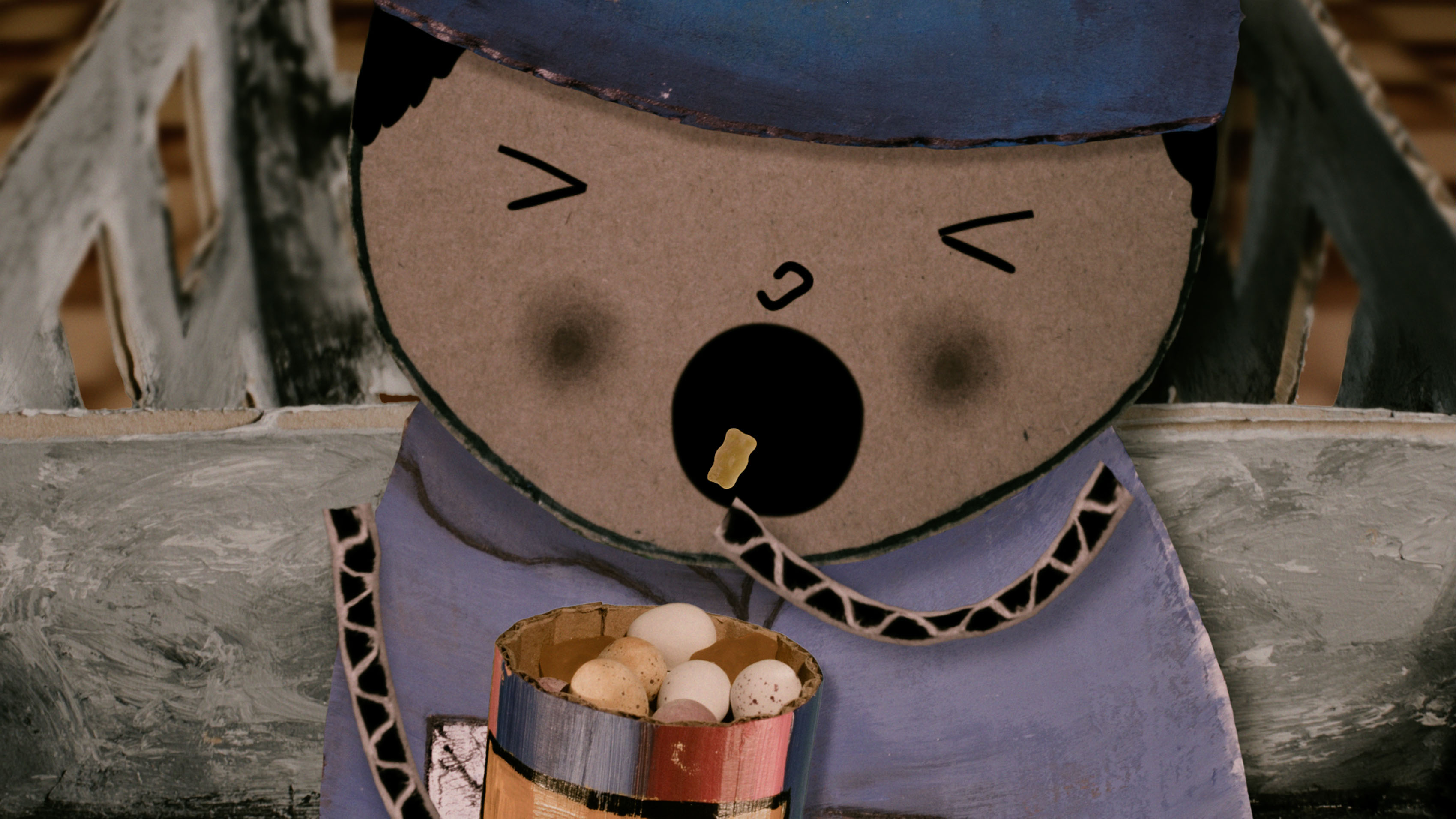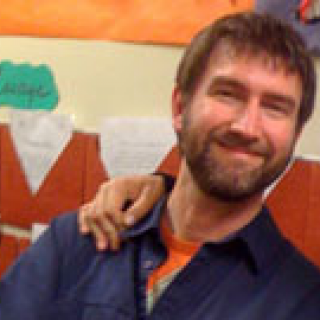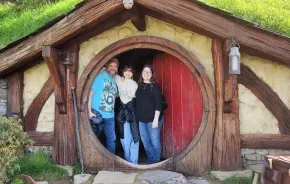If you’re interested in exposing your children to films beyond the typical Hollywood kiddie fare, the Ninth Annual Children’s Film Festival Seattle
should be on your calendar. Starting on Thursday, Jan. 23, this unique festival will screen more than 130 films from 32 countries, including animated and live action movies from Azerbaijan to Indonesia and Mongolia to Mexico. Don't miss out on this unique opportunity to experience unusual and interesting films from around the globe.
See our top picks by ages; scroll down for a Q&A with festival director Liz Shepherd, which gives insight into how the festival has become one of the most respected of its kind in the country.
Note: The majority of the films are appropriate for ages 8 and up but there are a number of programs and events aimed specifically at kids as young as 3. See write-ups of individual films on the website for specific notes on content.
Best films and events for all ages
The festival opens with a program of animated shorts called Do the Doktor Dolittle (Jan. 23, Feb.1), which features amazingly detailed and evocative silhouette animation produced in Germany in the 1920s. Add to this live music accompaniment composed and performed by Miles & Karina and you have a truly memorable experience for even the youngest viewers.
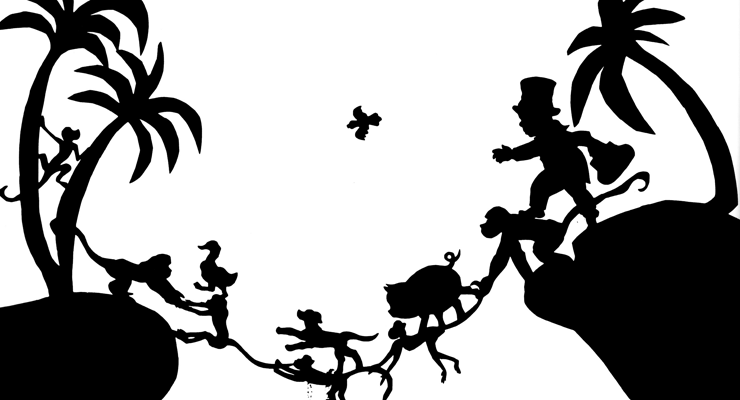
You'll want to break out the footie PJs for this year's Pajama Party with Recess Monkey (Jan. 24, 7 p.m.). There will be cupcakes and dancing as well as a sneak peek of the festival.
Don't miss the all you can eat Pancake Breakfast and Short Film Smorgasbord (Feb. 1, 9:30 a.m.), featuring the program of colorful, entertaining, and unexpected animation Talk to the Animals (Jan. 31, Feb. 1).
Even though it's appropriate for younger kids, everyone will enjoy the visually inventive, artistic and innovative animation of Paint Me a Story (Jan. 25, 29, 31, Feb 1).
On Sunday, Jan. 26 there is a free do-it-yourself, all-ages Drop-In Animation workshop. Build, draw, or cut out a character and then learn how to make it move on film.
Films for ages 8 and up
For older kids there are a large number of feature films and short film programs of live action, animation, documentaries, and fiction. Kids will have the opportunity to hear Persian, Dutch, Basque, Russian, Korean, Azeri and many more languages as they see how children live in other parts of the world.
There are blocks of films recommended for ages 8, 9, 10, 11, 14 and older that get progressively more complex in their emotional content and subject matter. Themes include bullying, illness, addiction, poverty, war, and death. But the large majority of these films are ultimately inspiring and hopeful.
One of the opening weekend feature films, Horizon Beautiful (Jan. 25, 28) is a perfect example.
Horizon tells the story of a boy, Admassu, living on the streets of Addis Ababa, who dreams of becoming a soccer star. He thinks his perfect opportunity has arrived when arrogant soccer magnate, Franz, comes to Ethiopia to rebuild his image after a scandal. Frustrated at every turn Admassu convinces a street gang to kidnap Franz so that Admassu can rescue him. Of course, nothing goes as planned but through all the thrills and danger Admassu still manages to find his happy ending. The film is a reminder of everything that's exotic and charming about the festival.
Among the many features, short films and documentaries there are programs that focus on Native Americans, Latin America, and a Macedonian showcase, with early silent films accompanied by live Balkan music (Jan. 30, 7 p.m., for ages 14 and up).
There are classes for kids 8-12 on Movie Making With Sock Puppets (Feb. 1) and Remix, Reuse, Recycle (Jan. 25-26) where kids get to assemble their own movies using found footage.
Additional highlights include the Children's Jury, where kids get to vote on the best of the festival, and the Seattle Children's Hospital events.
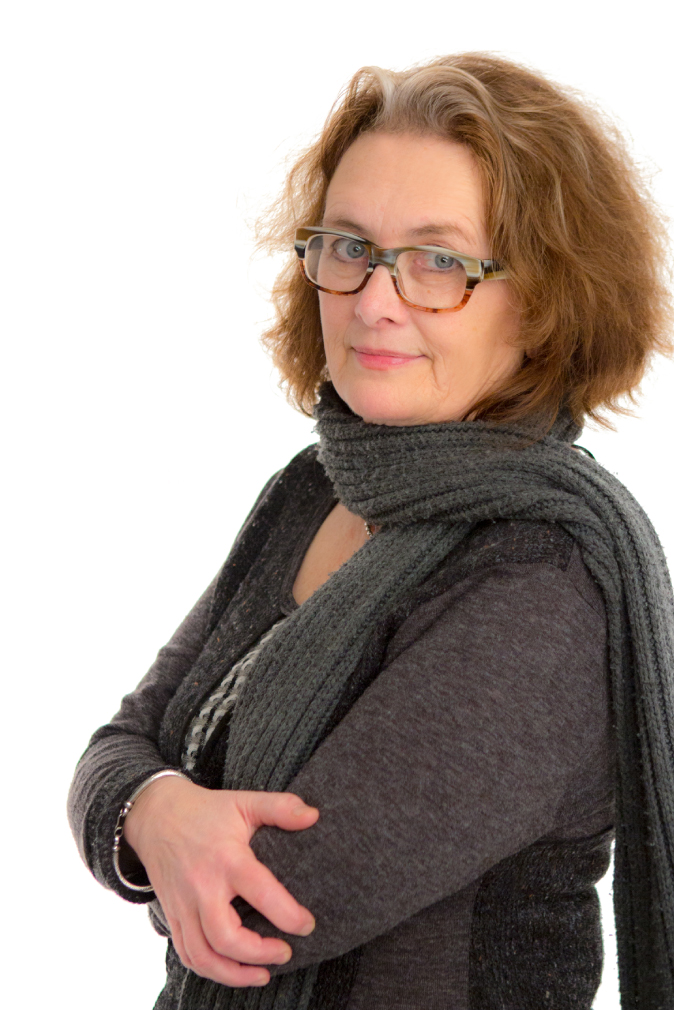 To find out more about this year's festival, we interviewed festival director Liz Sheperd.
To find out more about this year's festival, we interviewed festival director Liz Sheperd.
How do you select the films for the festival?
This year we had more than 400 submissions — a record, which I think means our festival is now firmly on the map. We're known as one of the select festivals of our kind in the United States, and the biggest one west of the Mississippi. But we also solicit a lot of films. It's a treasure hunt and a big research project to figure out which films are really appealing to audiences in other children's film festivals worldwide. Our team spends months scouring the Internet and looking at other festival catalogs. And we have a secret weapon — a woman named Renate Zylla, who is our Berlin-based festival program adviser. She is one of the most knowledgeable people in the world in terms of international children's films. Each year, she sends us wonderful suggestions.
Do you ask filmmakers to submit around an idea or do you build the theme of the festival based on what you get?
We have very general guidelines about what can be submitted to us, so it is always fascinating to me to see the themes that emerge each year. It's as if a collective idea presents itself to many different filmmakers all over the world. This year, the themes that jumped out were transformation and magic, the fine line between dreaming and being awake, the act of reaching for the moon. We received so many films this year about the moon, it was really amazing.
Your "Spotlight on Macedonia" program includes some silent films from the earliest days of cinema. How do you seek out works like this?
I was lucky enough to be invited to attend the first ever Giffoni/Macedonia Film Festival this year. It was a collaboration between a very big Italian film festival for kids, the Giffoni Experience, and the Macedonian Film Fund, held in Skopje, Macedonia. It was a brilliant festival — the films were great and there were also so many activities for kids, everything from ballroom dancing to creating their own video games.
But there was a program of recent films made by Macedonian directors that caught my attention. [For our Macedonian showcase] I decided to pair it with some of the earliest film images ever made in the late 19th and early 20th century, by Yanaki and Milton Manaki, two Macedonian brothers who were pioneers of the cinema in the Ottoman Empire. During the silent film portion of the program, we've invited two fantastic Balkan musicians to accompany the films. Because the new films are a bit serious, we've rated it for ages 14 and older.
How do you find films for different age groups?
We get submissions geared to every age range. It is really important to us to be able to offer programs for everyone from first-time moviegoers up to kids entering their teenage years. Some of our programs are really gentle and others are more hard-hitting and edgy. Parents can check out all the descriptions of our programs — we try to be really communicative about the content of everything we offer.
What do you want families to take away from the festival this year?
We want kids and families to see the world together, and feed their minds. Some of our films are funny and filled with adventure, while others are more contemplative and simply artful. Many of the films we show will provide grist for great discussions afterwards, about people and places and issues in the world. Above all, we want everyone to see films that have great beauty and emotional honesty — movies that affirm the great storytelling power and possibility of the big screen.




